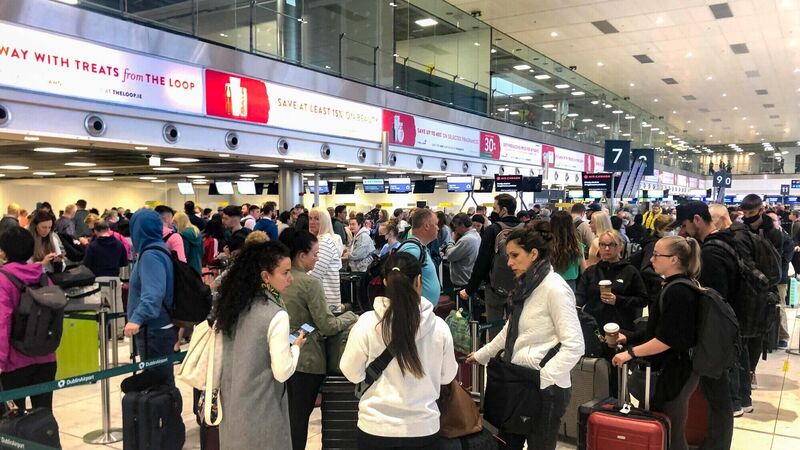Terry Prone: How managers should handle long queues to keep passengers happy

A reality that all customer-facing organisations need to grasp is that communication does not start with a great spokesperson but face-to-face with customers. Picture: Leah Farrell
It’s this coming Wednesday, not the weekend. Certainly not a bank holiday weekend. Dublin Airport will be grand. Won’t it?















